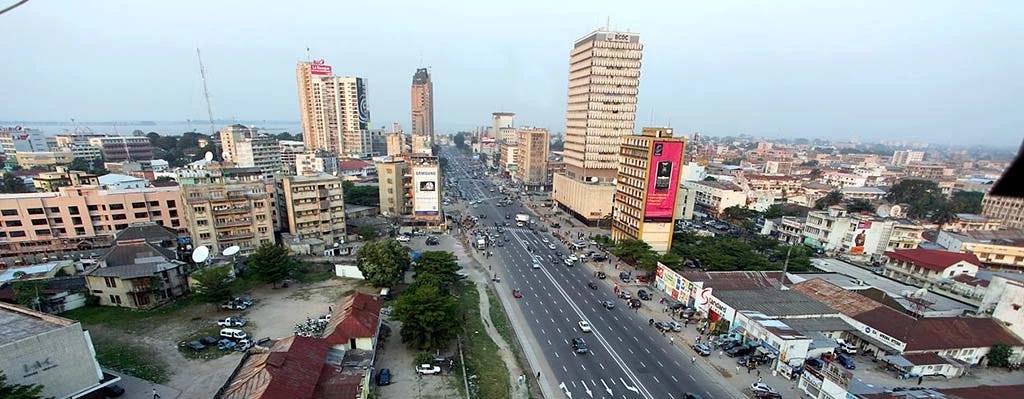Ecosystem Deep Dives #2: DRC - Sleeping Giant
Why the DRC might produce the next African unicorn.
The Realistic Optimist is a weekly publication making sense of the globalized startup scene.
Background
The Democratic Republic of Congo, often referred to as DRC, is the second largest country in Africa, just behind Algeria. It is the most populous officially francophone country in the world, although the population speaks a variety of other local languages such as Lingala and Swahili. The DRC has a population of around 90 million (precise numbers are hard to find), with about 60% of them being between the ages of 15 and 24. 90% of the country's revenue comes from extractive industries, while around 77% of the population lives on less than $1.90 a day. Amidst all of this, a small but hopeful start-up ecosystem has started to emerge in the capital, Kinshasa, and is slowly but surely spreading its wings to the rest of the country. Recent political semi-stability bought about by the rise to power of Congolese president Felix Tshisekedi, which loosened the tight grip his predecessor Joseph Kabila had on the country, has also helped to usher in timid improvements to start-up legislation in the country.
Opportunities = Challenges / Challenges = Opportunities
An interesting component of the DRC's start-up ecosystem is that the considerable amount of challenges the country faces all represent both opportunities and obstacles for local entrepreneurs. Let's take a couple examples to illustrate this point.
As of January 2021, internet penetration was around 23.2% in the country. While at first glance that number might seem low, in a country of nearly 90 million people, that represents more than 21.4 million internet users, almost double the entire population of Rwanda. Internet penetration is also on a meteoric rise, as the number of internet users has increased by 29% between 2020 and 2021. The low percentage of the population having access to the internet may seem like a challenge at first, but if you translate that into an actual number, Congolese entrepreneurs have a huge market at their hands.



